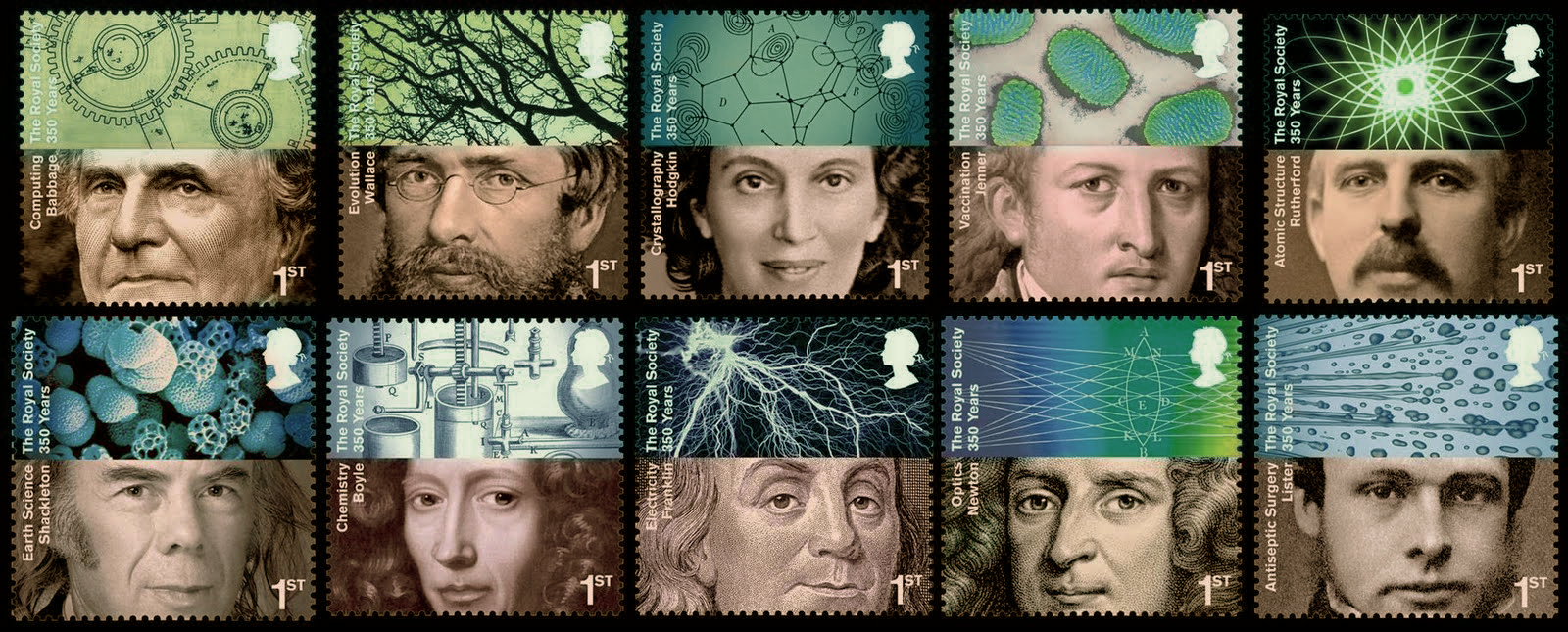Presentations
AM Sessions
Panel I: History of HPS in Science Education
- The Neglected Mandate: Teaching Science as Part of our Culture by Gerald Holton, Harvard University
- HPS & ST: Looking Back and Going Forward (Slides) by Michael Matthews, University of New South Wales
- Response by Sevan Terzian, University of Florida
- Audience Questions
Panel II: HPS and the Science Frameworks
- Framing the Learning/Teaching of Science and Nature of Science: Practices-Core Ideas-Crosscutting Concepts (Slides) by Richard Duschl, NSF
- Philosophy of Science and Science Education Reform (Slides) by Gregory Kelly, Penn State
- Response by Michael Ford, University of Pittsburgh
- Response by Jacob Foster, Massachusetts Department of Education
- Response by Katherine McNeill, Boston College
- Audience Questions
Panel III: Teaching and Learning with HPS I: Outcomes for Teachers and Students
- What History Teaches Us About Using History of Science to Teach About Nature of Science (Slides) by Fouad Abd-El-Khalick, University of Illinois at Urbana-Champaign
- Science With a Background (Slides) by Fanny Seroglou, Aristotle University of Thessaloniki
- Response by Katherine Brading, University of Notre Dame
- Response (Slides) by Ricardo Lopes Coelho, University of Lisbon
- Audience Questions
PM Sessions
Panel IV: Teaching and Learning with HPS II: Outcomes for Teachers and Students
- Using the History of Scientists to Inspire or Motivate STEM Learning (Slides) by Xiaodong Lin-Siegler, Columbia University
- HPS from the Teacher’s Perspective: Three Approaches to Teaching the Nature of Science by Douglas Allchin, University of Minnesota
- Response (Slides) by Frank Keil, Yale University
- Response by Michael Clough, Iowa State
- Audience Questions
Panel V: Using HPS in the Classroom: Ethical Reasoning and Modeling
- Integrating Bioethics into Secondary Science Education: Content, Pedagogy and Lessons Learned by Mildred Solomon, The Hastings Center
- Patterns of Cognitive Engagement that Interact with the Nature of Science to Complicate Public Understanding of Complexity and Scientific Research (Slides) by Tina Grotzer, Harvard University (Note: due to a technical problem with the recording equipment, some portions of this video were damaged and unrecoverable. With the approval and assistance of Tina Grotzer, this video has been edited for continuity of the concept. Editing by Slater Campbell.)
- Response (Slides) by Jeanne Chowning, Northwest Association for Biomedical Research
- Response by Luciana Garbayo, University of Texas at El Paso
- Audience Questions
Panel VI: HPS in K-12 Professional Development
- History of Science in the Classroom – a Story of Obstacles to Overcome (Slides) by Dietmar Höttecke, Universität Hamburg
- Assessing the Impact of a Historically Based Unit on Preservice Teachers’ Views of the Nature of Science (Slides) by David Rudge, Western Michigan University
- Response (Slides) by John Clement, University of Massachusetts Amherst
- Response (Slides) by Barbara Crawford, University of Georgia
- Audience Questions
Closing Dinner
Plenary Speaker: Let Newton Be! (Slides) by Patrick Morris, Menagerie


